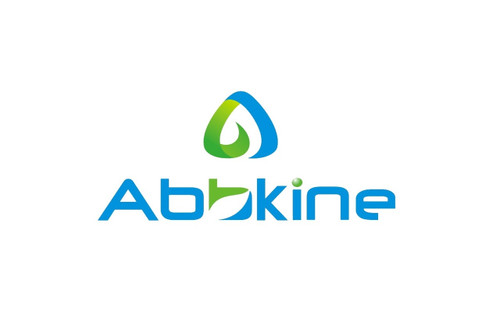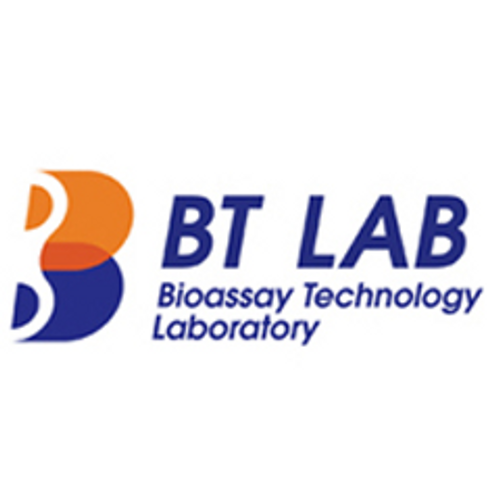Product Description
Rat Protein Wnt-5a (WNT5A) ELISA Kit | AE11128RA | Abebio
Species Reactivity: Rat (Rattus norvegicus)
Abbreviation: WNT5A
Alternative Name: hWNT5A; WNT-5A protein
Application: ELISA
Range: 0.156-10 ng/mL
Sensitivity: 0.059 ng/mL
Intra-Assay: ≤5.1%
Inter-Assay: ≤8.4%
Recovery: 0, 95
Sample Type: Serum, Plasma, Other biological fluids
Detection Method: Sandwich
Analysis Method : Quantitive
Test Principale: This assay employs a two-site sandwich ELISA to quantitate WNT5A in samples. An antibody specific for WNT5A has been pre-coated onto a microplate. Standards and samples are pipetted into the wells and anyWNT5A present is bound by the immobilized antibody. After removing any unbound substances, a biotin-conjugated antibody specific for WNT5A is added to the wells. After washing, Streptavidin conjugated Horseradish Peroxidase (HRP) is added to the wells. Following a wash to remove any unbound avidin-enzyme reagent, a substrate solution is added to the wells and color develops in proportion to the amount of WNT5A bound in the initial step. The color development is stopped and the intensity of the color is measured.
Product Overview: The WNT gene family consists of structurally related genes which encode secreted signaling proteins. These proteins have been implicated in oncogenesis and in several developmental processes, including regulation of cell fate and patterning during embryogenesis. This gene is a member of the WNT gene family. It encodes a protein which shows 94% and 80% amino acid identity to the mouse Wnt5b protein and the human WNT5A protein, respectively. Alternative splicing of this gene generates 2 transcript variants. WNT5B encodes a deduced 359-amino acid protein with an N-terminal signal peptide, 4 N-linked glycosylation sites, and conserved residues of the WNT family. The WNT5B protein shares 80% sequence identity with WNT5A.
Stability: The stability of ELISA kit is determined by the loss rate of activity. The loss rate of this kit is less than 5% within the expiration date under appropriate storage condition. The loss rate was determined by accelerated thermal degradation test. Keep the kit at 37°C for 4 and 7 days, and compare O.D.values of the kit kept at 37°C with that of at recommended temperature. (referring from China Biological Products Standard, which was calculated by the Arrhenius equation. For ELISA kit, 4 days storage at 37°C can be considered as 6 months at 2 - 8°C, which means 7 days at 37°C equaling 12 months at 2 - 8°C) .
 Euro
Euro
 USD
USD
 British Pound
British Pound
 NULL
NULL








